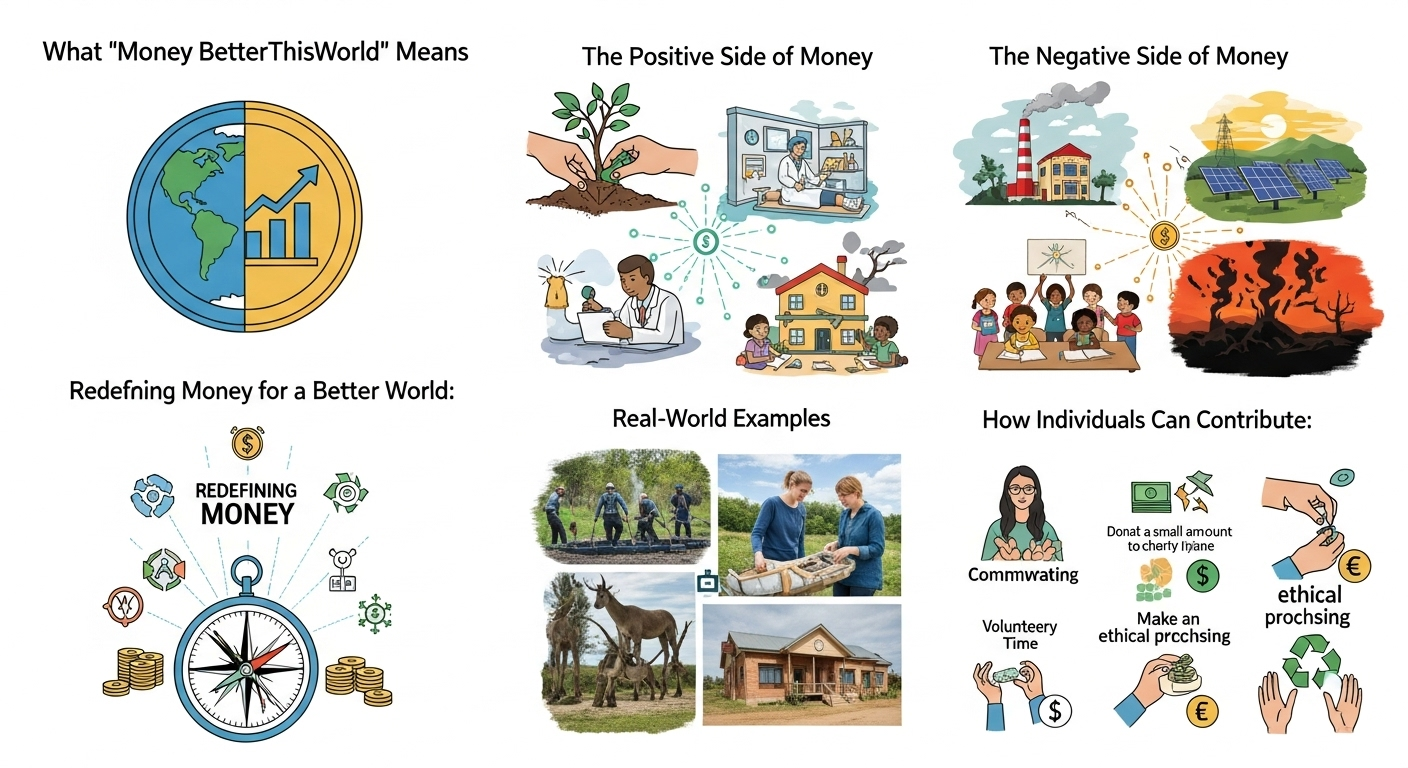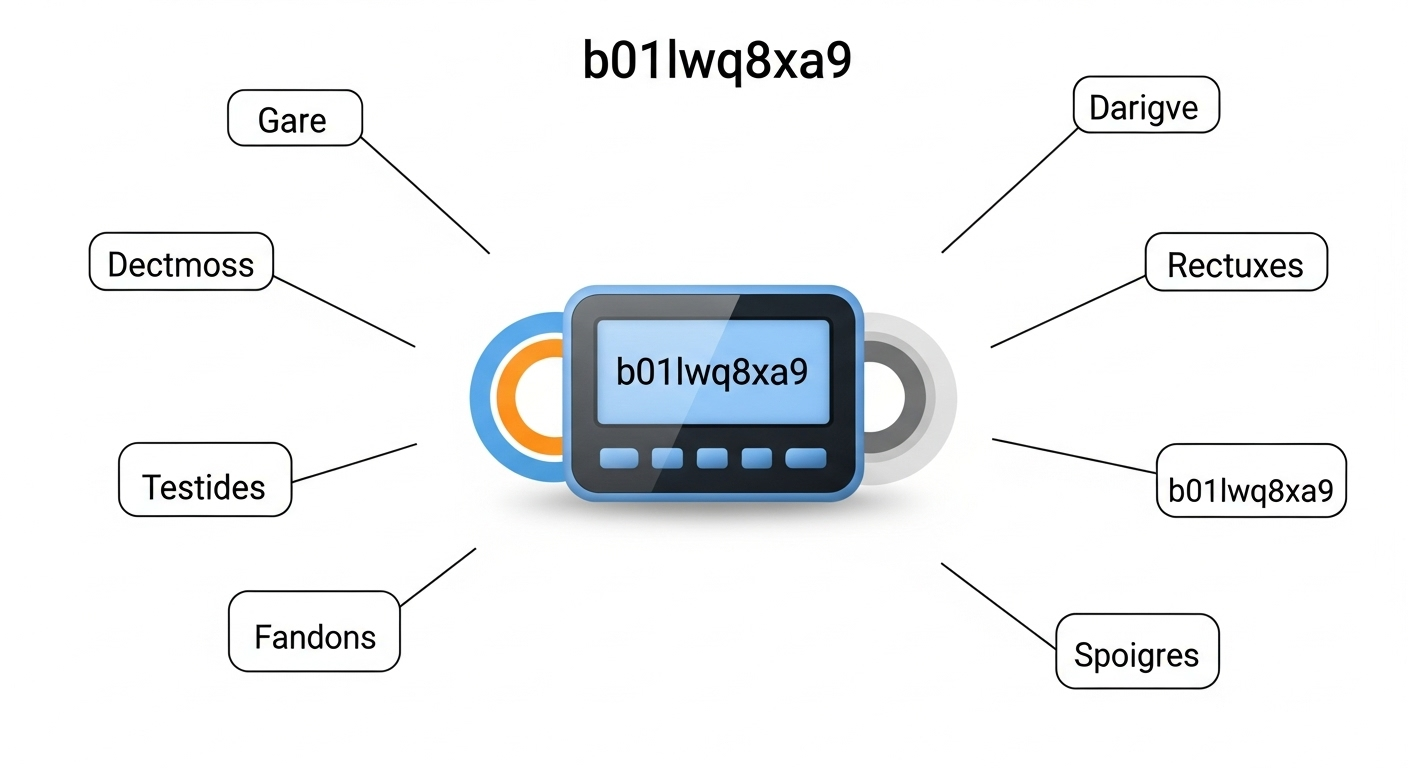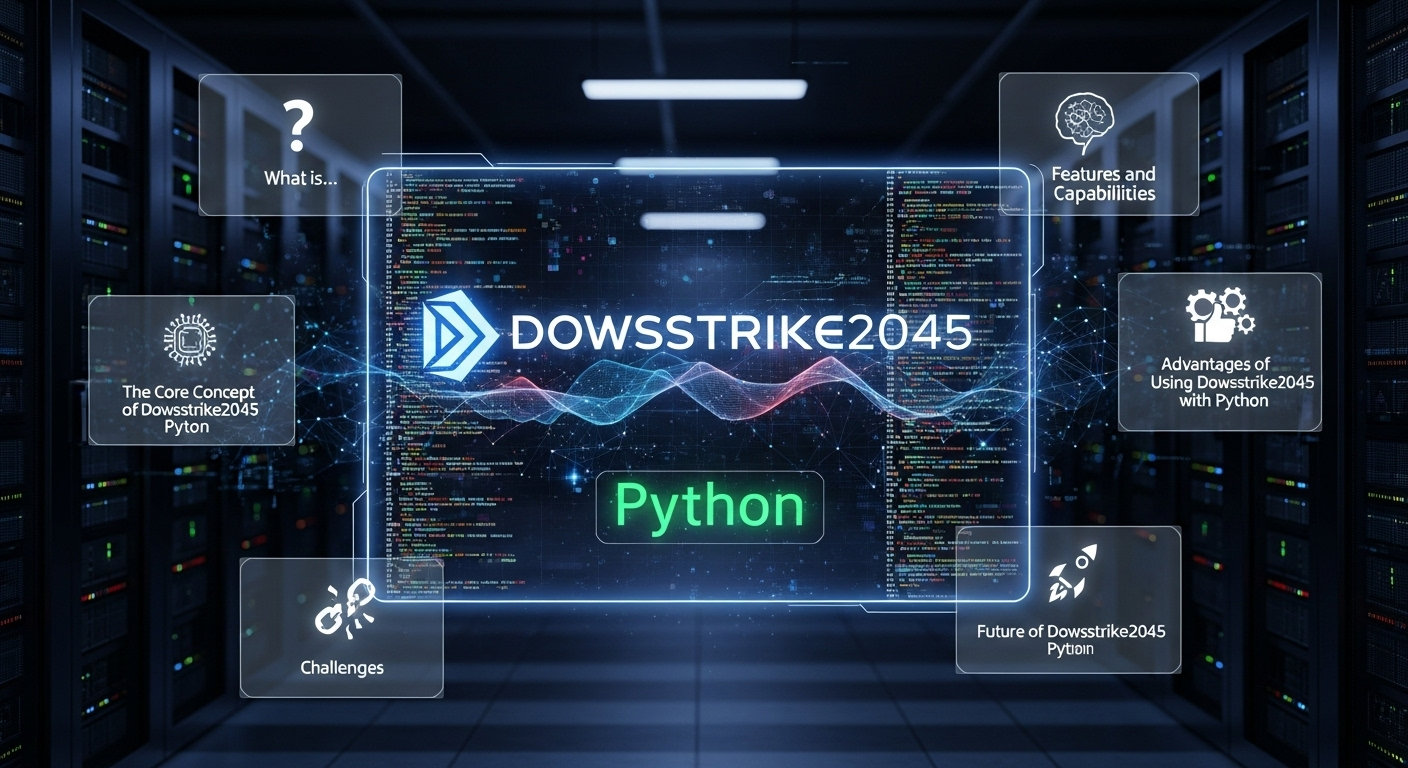What “Money BetterThisWorld” Means
The phrase “Money BetterThisWorld” may sound unusual at first, but its meaning is clear when we pause to reflect. Money is not just a tool for buying and selling—it’s a force that shapes societies, drives innovation, and influences human relationships. The question is: does money make the world better, or worse?
To say “Money BetterThisWorld” means recognizing the potential of money to act as a positive agent of change. It means reimagining wealth not as a symbol of greed or inequality but as a resource that, when used consciously, can uplift lives, reduce suffering, and drive progress across the globe.
At its core, this phrase challenges us to rethink how we use money, both individually and collectively. It urges us to ask: Do our financial choices create a world that is more just, more sustainable, and more compassionate—or one that is fractured, unequal, and destructive?
The Positive Side of Money
Money itself is neutral. Its value lies in how we use it. On the positive side, money has the power to:
-
Improve Quality of Life
Wealth can provide food, shelter, education, and healthcare—basic needs that transform survival into thriving. Billions of people owe their improved life expectancy to investments in hospitals, vaccines, and nutrition programs funded by both governments and philanthropists. -
Fuel Innovation and Growth
From smartphones to space exploration, money funds research and technology that reshape how we live. Without financial resources, ideas remain stagnant; with them, breakthroughs change the world. -
Support Communities and Cultures
Money directed toward arts, cultural preservation, and local businesses strengthens the fabric of society. For example, community grants empower grassroots movements, while donations to museums or theaters keep traditions alive. -
Empower Generosity
Philanthropy, charity, and crowdfunding platforms have shown that money can be an instrument of kindness. Individuals, not just billionaires, are now using financial tools to help others directly.
Thus, when used wisely, money can serve as the foundation for peace, progress, and prosperity.
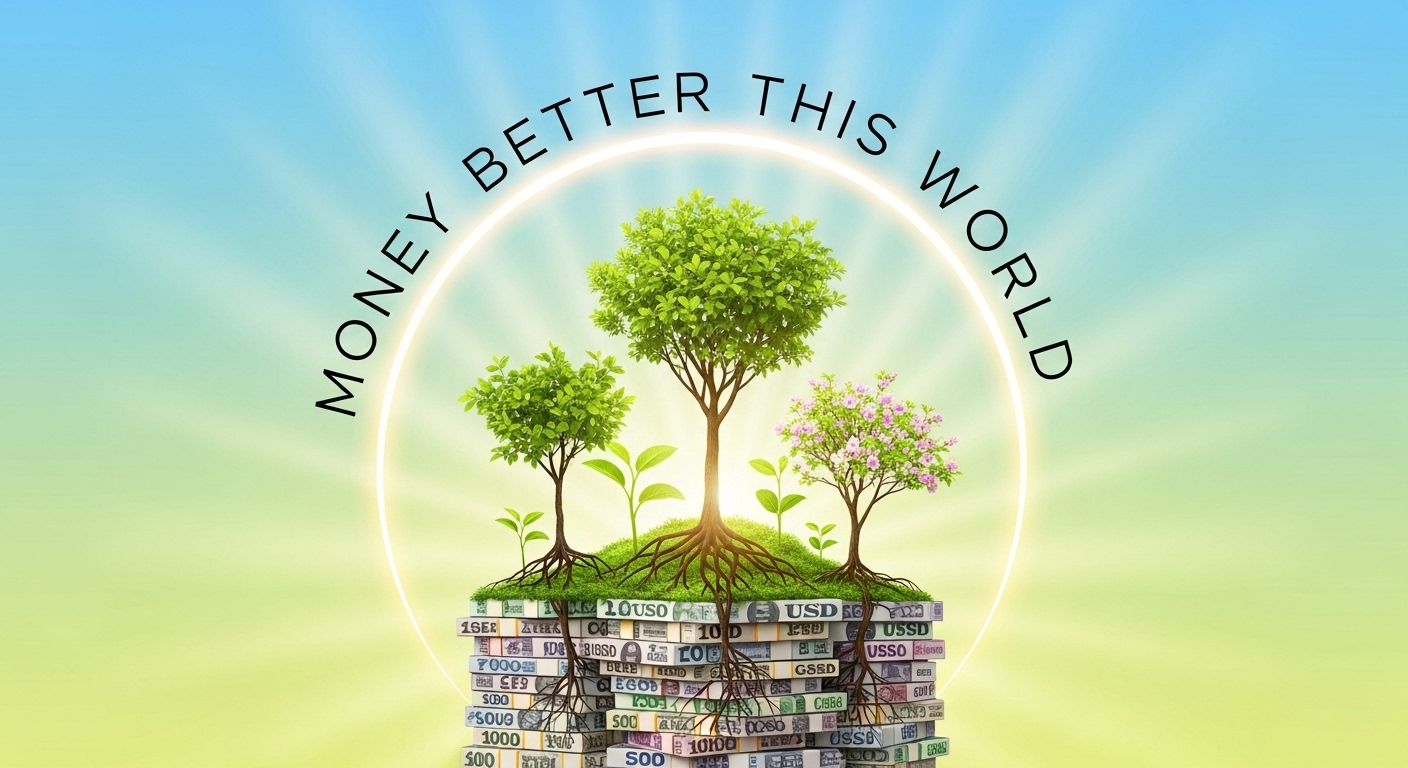
The Negative Side of Money
Unfortunately, money also has a darker side. While it can build, it can also destroy.
-
Inequality
The world’s richest 1% owns more wealth than billions of people combined. This vast divide not only creates social tension but also limits opportunities for the underprivileged. -
Corruption and Exploitation
Money often fuels corruption in politics and business, leading to unjust systems where the powerful exploit the powerless. In such systems, money ceases to be a tool for progress and becomes a weapon of control. -
Consumerism and Environmental Harm
The obsession with endless profit leads to overproduction, overconsumption, and ecological destruction. Corporations driven purely by financial gain often ignore long-term sustainability. -
Stress and Unhappiness
Ironically, the pursuit of money often results in anxiety and burnout. People may sacrifice health, relationships, and ethics for the sake of financial success.
The negative side of money reminds us that wealth without wisdom can deepen the very problems it should solve.
Redefining Money for a Better World
If money is neutral, then the challenge lies in redefining how we use it. This means shifting perspectives:
-
From wealth accumulation to wealth distribution.
-
From short-term gains to long-term sustainability.
-
From personal profit to collective prosperity.
Governments, corporations, and individuals all play a role here. For instance, ethical investing has emerged as a way to put money into businesses that support social responsibility and green energy. Social entrepreneurship is another model that blends profit with purpose.
This redefinition does not mean demonizing wealth—it means aligning financial systems with humanity’s higher values.
Real-World Examples
-
Bill & Melinda Gates Foundation
Using billions in wealth, this foundation has tackled global health challenges like malaria, HIV, and sanitation. Their work demonstrates how money can literally save millions of lives. -
Grameen Bank in Bangladesh
Through microfinance, Grameen Bank gave small loans to poor villagers, especially women, enabling them to start businesses and escape poverty. -
Patagonia’s Business Model
The outdoor clothing brand donates 1% of sales to environmental causes and operates on a “planet first” philosophy, showing how profit and purpose can coexist. -
Global Crowdfunding
Platforms like GoFundMe and Kickstarter have democratized access to funding, allowing ordinary people to back causes, art projects, or startups they believe in.
These examples illustrate that when money is channeled wisely, it becomes a catalyst for transformation.
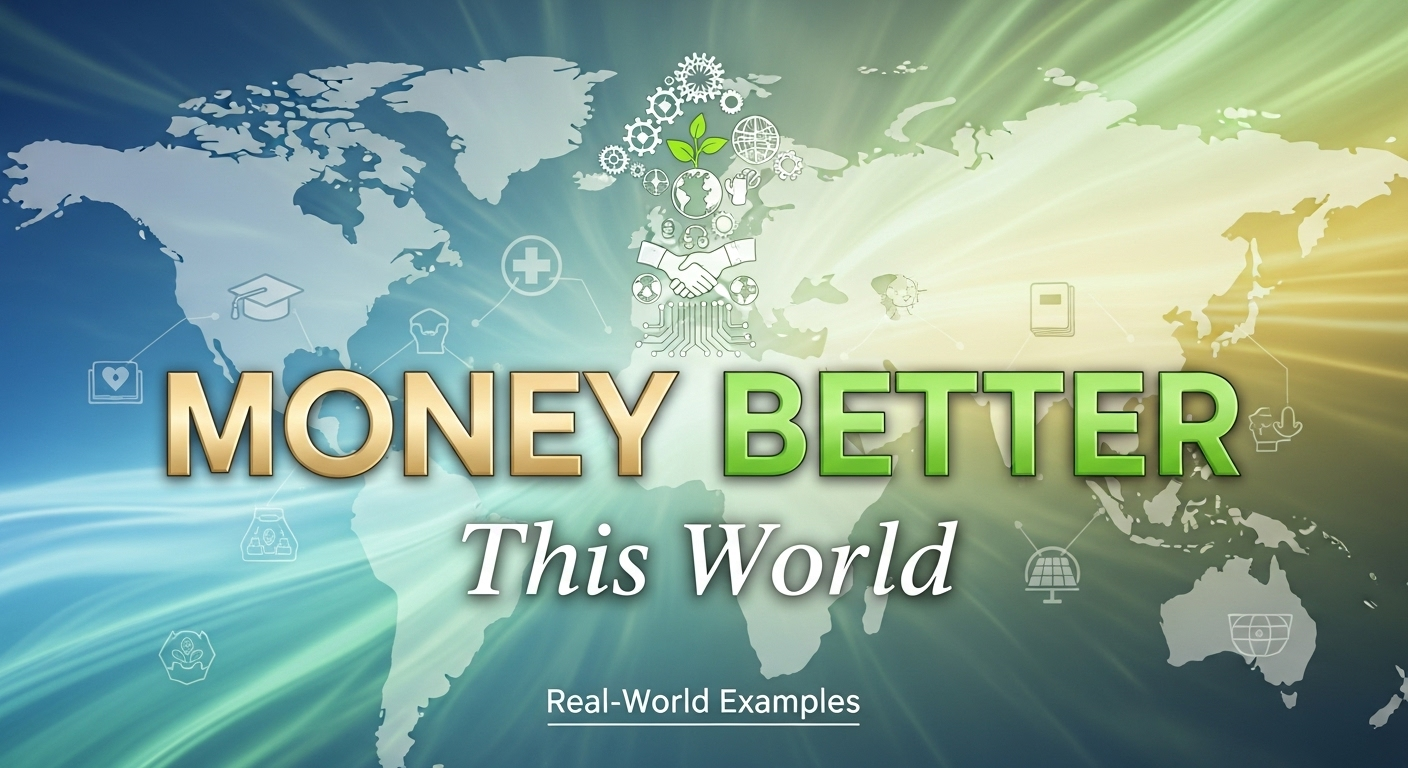
How Individuals Can Contribute
You don’t need billions to make money serve a better world. Each individual has power through daily financial choices. Here’s how:
-
Support Ethical Businesses
Choose to buy from companies that prioritize fair wages, sustainability, and transparency. -
Donate and Volunteer
Even small donations add up when combined with others. Volunteering your time also multiplies the impact of financial contributions. -
Invest Responsibly
Explore options like ESG (Environmental, Social, and Governance) funds, which invest in socially responsible companies. -
Educate Yourself
Understanding financial literacy empowers you to make smarter money choices—avoiding debt traps and focusing on purposeful spending. -
Practice Minimalism
Instead of endless consumption, channel your money into experiences, education, or community projects that create lasting value.
When individuals align money with values, the ripple effect spreads globally.
The Future of Money in a Better World
The future of money is being reshaped by technology and global values. Some trends to watch include:
-
Digital Currencies: Cryptocurrencies and central bank digital currencies (CBDCs) may redefine how transactions are made. These innovations could either increase transparency or widen inequality, depending on governance.
-
Universal Basic Income (UBI): Experiments with UBI suggest a future where citizens receive a guaranteed income, reducing poverty and giving everyone a safety net.
-
Green Financing: With climate change accelerating, more funds will be directed toward renewable energy, sustainable farming, and eco-friendly projects.
-
Global Solidarity: The pandemic showed how interconnected the world is. Future financial systems may need to prioritize cooperation over competition.
If society makes intentional choices, the future of money could truly make this world better.
Call to Action: Making Conscious Choices to Ensure “Money BetterThisWorld”
Money is not inherently good or bad—it is a mirror of human intention. The call to action is simple yet profound:
-
Spend wisely. Every purchase is a vote for the kind of world you want.
-
Give generously. Share what you can, knowing that even small acts matter.
-
Invest responsibly. Direct your wealth, however small, into causes and companies that align with your values.
-
Advocate boldly. Support policies and leaders who prioritize fairness, sustainability, and justice.
If each of us made money choices consciously, the phrase “Money BetterThisWorld” would no longer be a hopeful slogan—it would be a reality.

Conclusion
Money is one of the most powerful forces in human civilization. It can divide or unite, destroy or build, enslave or liberate. The challenge before us is not to abandon money but to redefine its role. By recognizing both its positive and negative sides, learning from real-world examples, and taking action as individuals and societies, we can ensure that money truly does make this world better.
Question
What does the phrase “Money BetterThisWorld” primarily suggest?
A) Money is inherently good and always improves life.
B) Money has the potential to make the world better if used wisely.
C) Money should be eliminated to create a just world.
D) Money is the root of all problems.
Correct Answer: B) Money has the potential to make the world better if used wisely.

